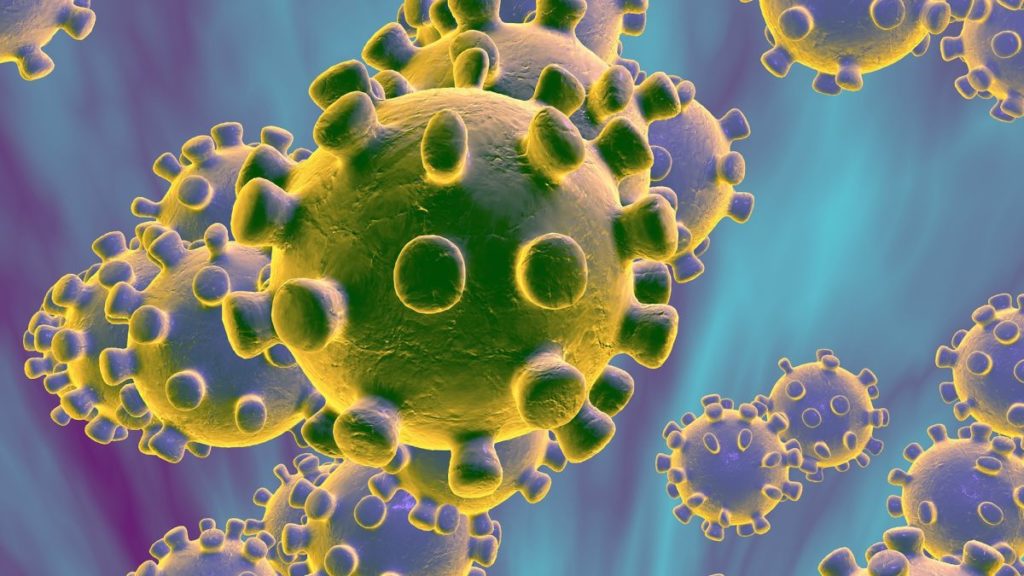Survey shows growing pandemic fatigue, complacency and unnecessary risk of exposure to Covid-19 during lower lockdown levels
This week the Centre for Social Change, University of Johannesburg in partnership with the Development, Capable and Ethical State of the Human Sciences Research Council (HSRC) release the latest summary findings from the UJ/HSRC Covid-19 democracy survey. These findings illustrate, among other things, that there is a growing pandemic fatigue and greater complacency in compliance with public health measures, increasing the unnecessary risk of exposure to Covid-19 during the lower lockdown levels.
These latest findings come from round 2 of the UJ/HSRC Covid-19 democracy survey, which was conducted between 3 July and 8 September, during which time South Africa’s alert levels were gradually relaxed. The data for the second round comprised of 7 966 respondents.
“Findings have been weighted to match Statistics South Africa data on race, education and age, and can be regarded as broadly representative of the population at large,” the HSRC said in a media release.
The survey was conducted through an online survey using the popular #datafree Moya Messenger app, which has 2 million active users. Participants are able to respond to the survey #datafree on the app as well as through the following #datafree link, which has been enabled #datafree by biNu, the parent company of Moya.
According to the reasearchers, the key findings demonstrate:
- Four in ten adults believe the threat of the Coronavirus is exaggerated. During the hard lockdown, in April, about a third (31%-33%) believed that the threat posed by the pandemic had been overstated. By September, this had grown to 41%.
- One in three adults do not always wear a mask when leaving home. In early April only 37% wore a mask when they went out. This rose to just over 70% in July, August and September. Among the other 30% of adults, 20% said that they wear a mask “most of the time” and about 7%, “some of the time”. Only 2% revealed that they never (or not often) wear a mask and 1% did not want to say.
- Fear of Covid-19 is declining. Our survey shows that frequent feelings of fear remained at a consistently high level from April through July, ranging between 44 % and 47%. However, this fell to 31% during August and early September. While nonetheless high, this is a considerable decline, and is of importance when considering parallel changes in risk perception measures.
- Trust in the President is declining. While our findings show that 65% of adults believe that the President is doing a good job in his handling of the Cornavirus pandemic. This has declined by 20 percentage points from our round 1 survey findings during level 5 lockdown. This is important as there is strong evidence to suggest that trust in government has an important bearing on general compliance with public health measures.
These and other findings combined point to ‘pandemic fatigue’, the HSRC said.
“This is important to take note of, as any premature reduction in preventative behaviours poses a significant challenge in our ability to combat the virus.”
Professor Abdool Karim, chair of the Covid-19 ministerial advisory group, had similarly warned about complacency, mass gatherings and eased travel restrictions as factors that are increasingly likely to make a second wave in the country inevitable.


